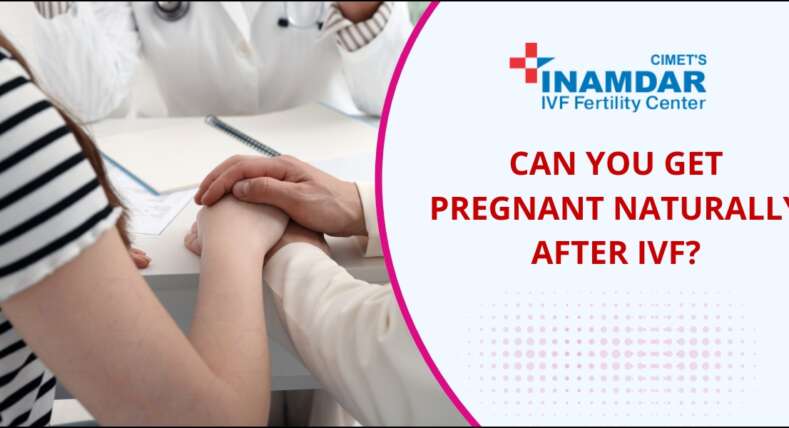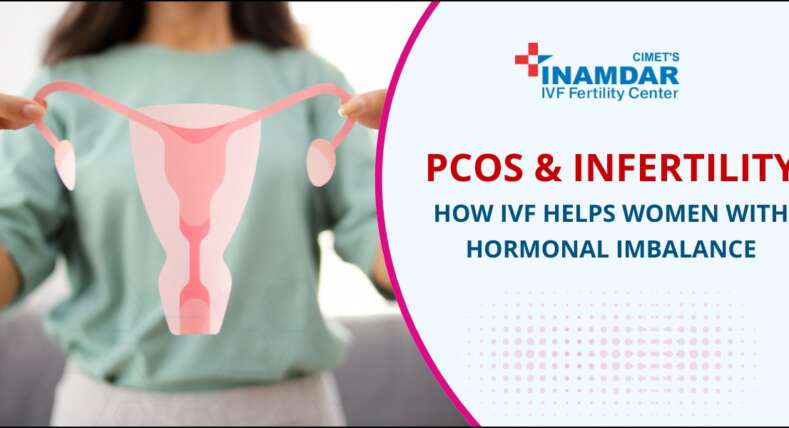How Soon After IVF Can Pregnancy Be Identified?
In vitro fertilization (IVF) has emerged as a beacon of hope for many couples struggling with infertility. The journey through IVF is both exciting and nerve-racking, as patients eagerly anticipate the results that could lead to pregnancy. A common question among those undergoing IVF is, “How soon after IVF can a pregnancy be identified?” Understanding the timeline and the tests available can help demystify this critical phase in the IVF process.
The IVF Process: A Brief Overview
Before diving into the timeline for identifying pregnancy after IVF, it’s important to understand the basic steps of the IVF process. IVF involves several stages:
-
Ovarian Stimulation: Fertility medications are used to stimulate the ovaries to produce multiple eggs.
-
Egg Retrieval: Once mature, the eggs are retrieved using a minor surgical procedure.
-
Fertilization: Retrieved eggs are combined with sperm in the lab to facilitate fertilization.
-
Embryo Culture: Fertilized eggs (embryos) are cultured for several days, usually up to five, to allow for development.
-
Embryo Transfer: One or more healthy embryos are transferred into the uterus.
-
Luteal Phase Support: Hormonal support is often given to promote a conducive uterine environment.
The Waiting Period
After embryo transfer, a critical waiting period follows, known as the “two-week wait” (TWW). During this time, the body could be either accepting the embryo or preparing for menstruation.
When Can Pregnancy Be Detected?
-
Blood Tests: The most reliable method for detecting pregnancy after IVF is a blood test, usually called a beta hCG test. This test measures the level of human chorionic gonadotropin (hCG) in your blood, a hormone produced shortly after a fertilized egg implants in the uterus. Typically, hCG can be detected around 10 to 14 days after embryo transfer, making it the definitive test for confirming pregnancy.
-
Home Pregnancy Tests: While blood tests are more sensitive, many women opt for home pregnancy tests. These tests work similarly but measure hCG levels in urine and can usually detect pregnancy about one to two weeks after the embryo transfer. However, using a home test too early can result in a false negative, as hCG levels may not be high enough to detect.
Factors Influencing Detection Time
-
Timing of Implantation: Not all embryos implant at the same time. Implantation typically occurs between 6 to 10 days after embryo transfer, affecting the timing of hCG production.
-
Type of Embryo Transferred: The stage at which the embryo is transferred (cleavage stage vs. blastocyst stage) can also impact its implantation rate and, subsequently, the timing of pregnancy detection.
-
Individual Variability: Each woman’s hormonal levels and body may react differently to the IVF process, which can affect how quickly hCG is produced.
What to Expect After a Positive Pregnancy Test
If your blood test confirms pregnancy, follow-up evaluations will be necessary to monitor the pregnancy’s progression. Early ultrasounds are conducted to check for a heartbeat and assess the health of the pregnancy, often scheduled for about six weeks after the embryo transfer.
Best IVF Hospital in Pune – Inamdar Hospital
Inamdar Hospital is known as one of the best IVF hospital in Pune, offering a wide range of fertility treatments with a strong record of success. With modern facilities and experienced fertility specialists, the hospital provides personalized care to meet each patient’s needs. Advanced techniques like ICSI and genetic testing improve success rates while ensuring comfort and safety. Inamdar Hospital is committed to helping couples fulfill their dream of parenthood in a caring and supportive environment.




